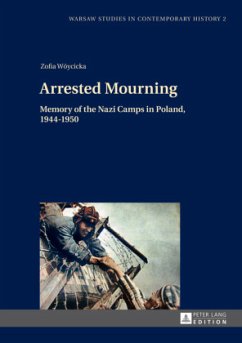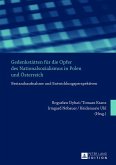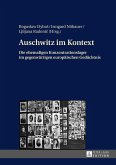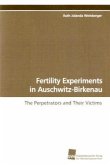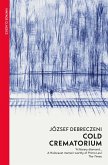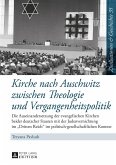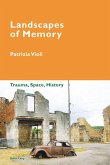«Analyzing the earliest debates over the memory of Nazi camps, the author makes an important contribution to the study of their origin, reducing the existing asymmetry in our knowledge on the relevant phenomena in Western and Eastern Europe. This is all the more important as the Poles and Polish Jews, whose involvement in the disputes over memory she describes, were the most important group of survivors and eyewitnesses of the camps and so the genuine group of memory.» Prof. Dariusz Stola (Institute of Political Studies of the Polish Academy of Science)
«The vast number and variety of sources used in this work create a fascinating picture of a multifaceted, rich, vivid, and at times heated debate conducted in Poland in the late 1940s. A great merit of Wóycicka is to preserve this discourse from oblivion and to bring it back into the public sphere.» Barbara Engelking (Polish Center for Holocaust Research)
«The vast number and variety of sources used in this work create a fascinating picture of a multifaceted, rich, vivid, and at times heated debate conducted in Poland in the late 1940s. A great merit of Wóycicka is to preserve this discourse from oblivion and to bring it back into the public sphere.» Barbara Engelking (Polish Center for Holocaust Research)
«Insgesamt ist die Lektüre von Zofia Wóycickas Studie sehr zu empfehlen - nicht allein wegen der Analyse historischer Konfliktlinien polnischer Erinnerungskultur, sondern auch für ein besseres Verständnis von Kontroversen in der heutigen Erinnerungskultur auf internationaler Ebene.» (Sara Berger, H-Soz-u-Kult 4.7.2014)

